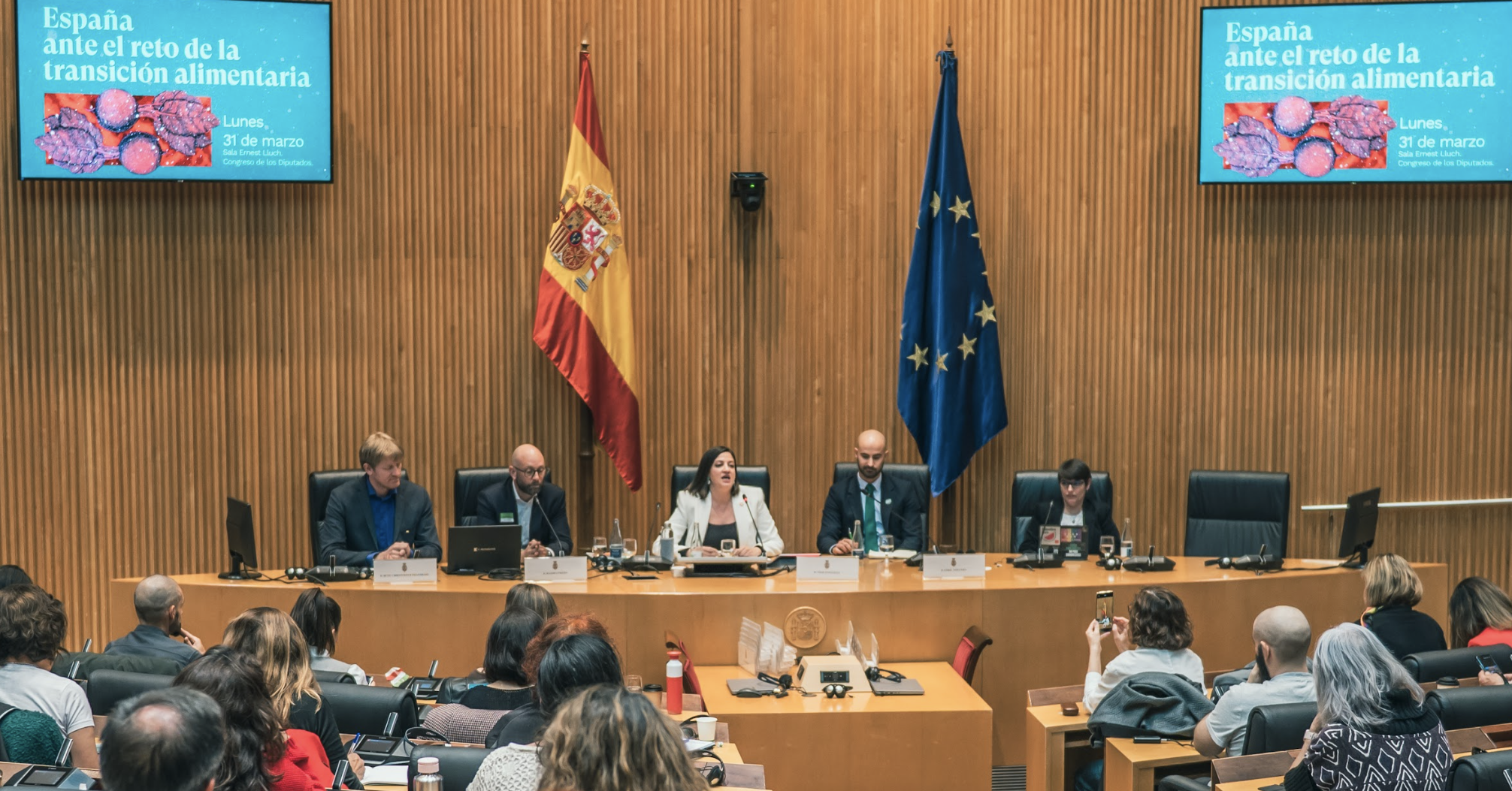We are thrilled to announce the official launch of the Journal of Animal Rights Law (JARL), a free, open-access legal journal dedicated to advancing critical research and scholarship in the field of animal rights law. The JARL is committed to fostering rigorous legal analysis, interdisciplinary dialogue, and innovative solutions for the recognition and protection of animals' fundamental rights.
Call for Submissions
We warmly invite scholars, practitioners, researchers and students to submit their manuscripts on a rolling basis. Whether you’re exploring emerging legal frameworks, critiquing existing systems, or proposing forward-thinking approaches to animal rights, we encourage you to share your work via our website. Author guidelines are available here.
Join Our Team
We’re building a dynamic network of contributors and supporters, and we welcome:
- Reviewers, Copyeditors, and Proofreaders: If you are an academic, practitioner, or researcher with expertise in animal rights law or related fields, join us in ensuring the journal's quality and impact.
- Readers: Everyone is invited to register on our website to receive access to published works as they become available.
Social Media Manager Opportunity
We’re also seeking a Social Media Manager to help us expand our reach and engage our growing audience. The role involves crafting professional and engaging captions, scheduling posts, and promoting our activities across platforms. While expertise in animal rights law, publishing, or academia is a plus, a commitment to professional and impactful communication is key. Stunning graphics are already in progress thanks to our designer—your focus will be on creating the words that resonate.
For more information or to express your interest in volunteering, feel free to contact me directly.
Together, let’s shape the future of animal rights law! Explore our journal and join the movement at jarlaw.org.
Looking forward to hearing from this incredible community!


